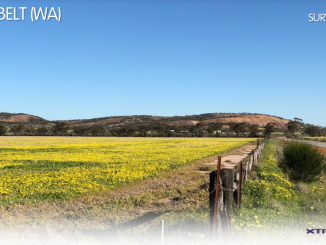Ofcom has published a statement for their Analogue Radio Technical Code consultation, and includes permission for AM stations to offer better quality audio.
Most points are relatively minor, such as removing the requirement for a directional coupler on the back of an FM transmitter, to stating that they will no longer attend commissioning of transmitters unless needed.
There is also a requirement for AM and FM licensees to ensure their service is resilient, mirroring the wording introduced into the DAB codes in 2023, moving the focus towards end to end uptime of the entire service, instead of looking at the reliability of individual components such as transmitters or power supplies.
But the biggest change in the document is that Ofcom is now permitting wider audio bandwidth.
Historically AM has been associated with poor “telephone quality” audio, due to the historic audio bandwidth limits of around 6khz.
This dates from the heyday of AM radio in the 1970s, where there was a compromise between audio bandwidth and number of stations, and at night most countries suffered considerable night-time interference.
As the AM band is now fairly vacant across much of Europe, and as audio processors and filtering has considerably improved with the advent of Digital Signal Processing, for a number of years countries such as Spain, much of Asia, Australia and others have run 9khz audio bandwidth on AM, roughly equivalent to mass-produced cassette tapes. Ofcom is now going to permit existing AM licensees, on a case-by-case basis, to increase their audio bandwidth.
It is very unlikely this will lead to a wave of demand for AM broadcasting, but it may give the remaining AM broadcasters a “stay of execution” that is warmly welcomed, giving an audio quality uplift that will, on the majority of radio receivers, give a tangible improvement to quality.
These changes have been made possible in part due to a campaign for over four years by Maxxwave (on behalf of the majority of remaining AM broadcasters) with DCMS and Ofcom to follow the example of other countries who have already permitted expanded audio bandwidth a number of years ago.
Radio Seerah Leicester 1575 and Radio Panj Coventry 1521 have already put their requests in, and others are expected to follow. […]






